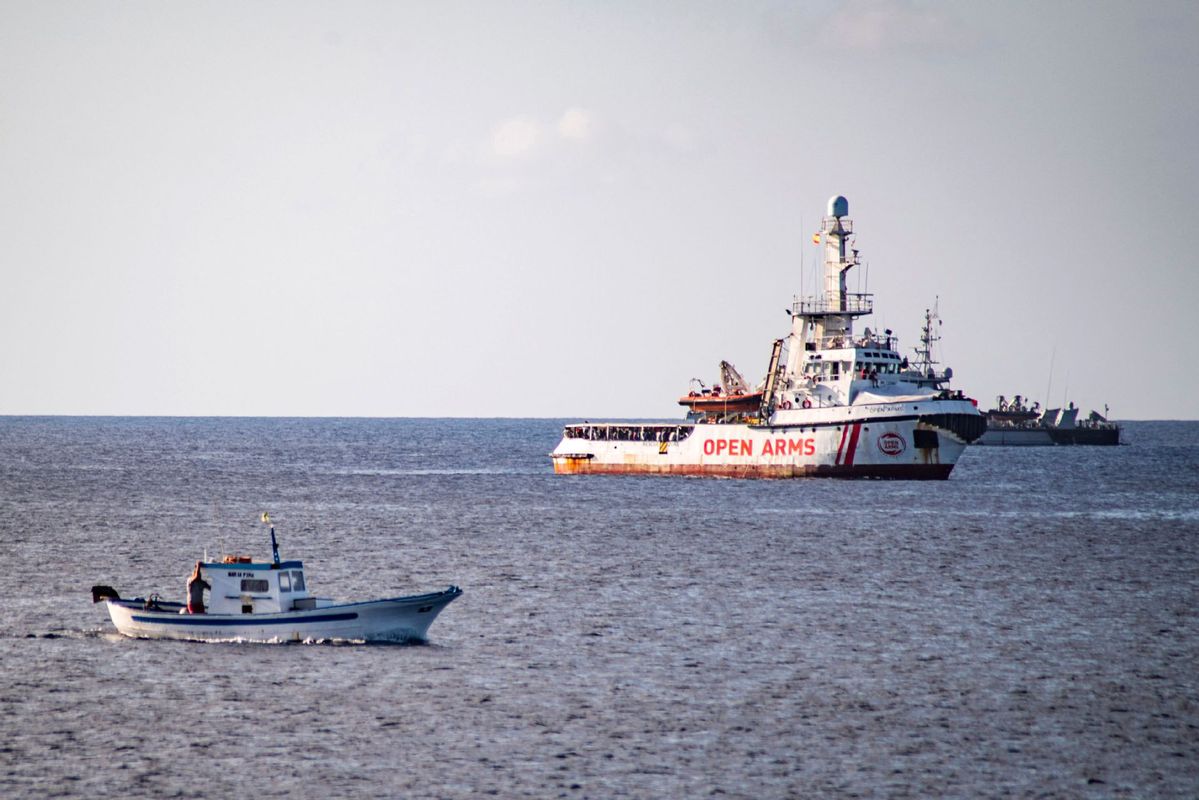Albanian court set to rule on crucial deal with Italy
By Jonathan Powell in London | chinadaily.com.cn | Updated: 2024-01-20 22:33

Albania's constitutional court is set to rule on a controversial migration deal made with Italy's far-right government to utilize Albanian territory for establishing reception centers for individuals attempting to enter the European Union via the sea route.
The court will examine if the arrangement violates Albania's constitution by potentially ceding territory for migrant processing, with the initial hosting of around 3,000 people and the prospect of up to 36,000 annually.
The agreement, unveiled by Italy's Prime Minister Giorgia Meloni's government in November, aims to reduce sea arrivals to Italy, which saw a 50 percent increase last year, rising from around 104,000 in 2022 to almost 156,000.
In mid-December, the Albanian Parliament was forced to halt the ratification process of the migrant pact with Italy, after the top court approved an opposition request to examine the constitutionality of the deal.
The court's decision, initially scheduled for Thursday, but which could potentially be deferred with judges granted a three-month window to deliberate the issue, will be closely observed, as it may have wider implications for EU migration policies, by setting a precedent for the externalization of asylum responsibilities.
The agreement has been tacitly endorsed by the EU, despite criticisms from human rights groups, reported The Guardian newspaper.
The international humanitarian organization Medecins Sans Frontieres, or Doctors Without Borders, says the deal goes beyond previous agreements between EU countries and non-member states including Turkiye, Libya, and Tunisia.
"The aim is no longer to only discourage departures, but to actively prevent people from fleeing and those rescued at sea from gaining safe and rapid access to European territory," it said in a statement.
In a statement released when the plan was announced, the Council of Europe Commissioner for Human Rights Dunja Mijatovic expressed concerns about the potential establishment of a dangerous precedent, saying that when certain states shift responsibility across borders, it encourages others to follow suit.
She said this could lead to a "domino effect" that may undermine the system of international protection, both within Europe and globally.
"The memorandum of understanding between Italy and Albania raises several human rights concerns and adds to a worrying European trend towards the externalization of asylum responsibilities," Mijatovic said. "It is indicative of a wider drive by Council of Europe member states to pursue various models of externalizing asylum as a potential 'quick fix' to the complex challenges posed by the arrival of refugees, asylum seekers, and migrants."
Critics argue that the agreement, likened to the United Kingdom's deal with Rwanda, poses multiple legal challenges. Immigration experts have told Italian lawmakers that guaranteeing equal asylum rights in a foreign country is practically impossible.
In return for Albania's Prime Minister Edi Rama's backing, Meloni has pledged support for the country's bid to join the EU.
























